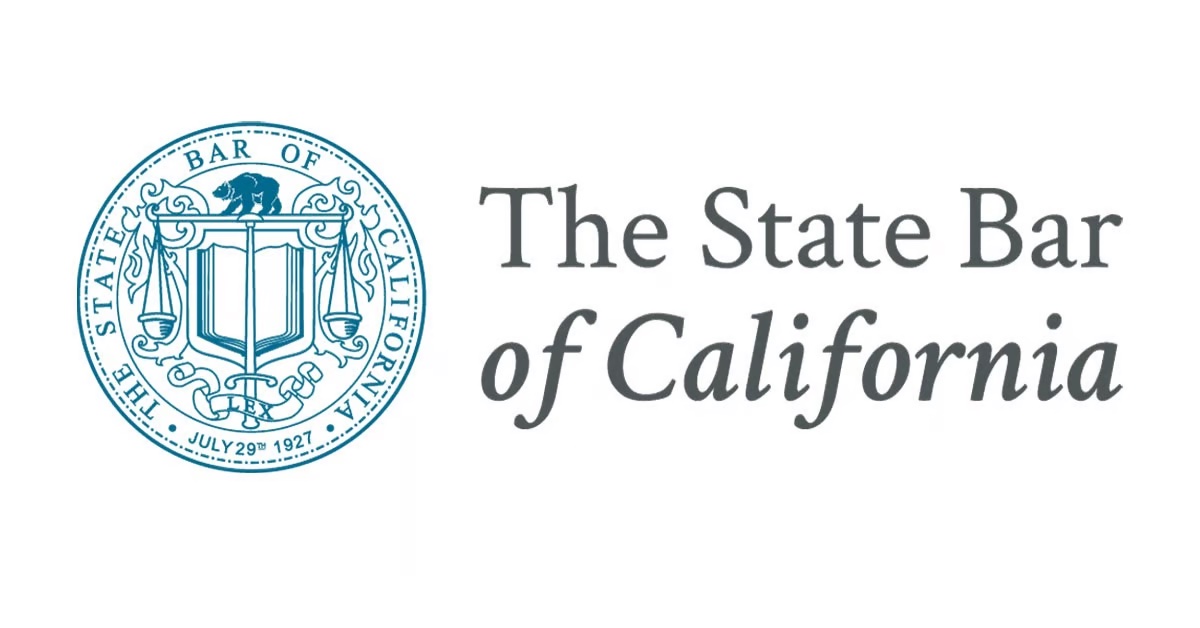and Probate Law Firm
Estate Planning and Charitable Giving
Estate planning and charitable giving often go hand in hand, as many individuals wish to leave a lasting legacy by supporting causes and organizations they care about. As a Folsom estate planning lawyer, I often times advise clients on how to effectuate this legacy and what planning may be required. Charitable giving as part of your estate plan has many benefits, including reduced estate taxes, providing for your loved ones, and making a positive impact on your community or the world. Here are some key considerations when incorporating charitable giving into your estate planning:
- Define Your Philanthropic Goals:
- Start by clarifying your philanthropic objectives. What causes or organizations are most important to you? What impact do you want to have through your charitable giving?
- Identify Charitable Beneficiaries:
- Determine which charitable organizations or causes you want to support. Common options include nonprofits, foundations, educational institutions, religious organizations, and community programs. The nonprofit world is not quite as opaque as it formerly was, as there is a wealth of information online regarding which nonprofits are reputable and which are not.
- Choose Charitable Giving Methods:
- There are several ways to incorporate charitable giving into your estate plan, including:
- Bequests: Leave a specific amount or percentage of your estate to a charitable organization in your will or living trust.
- Charitable Trusts: Establish charitable remainder trusts (CRTs) or charitable lead trusts (CLTs) to benefit both charities and your heirs.
- Donor-Advised Funds: Create a donor-advised fund to manage your charitable contributions during your lifetime and designate successor advisors.
- Beneficiary Designations: Name charitable organizations as beneficiaries of retirement accounts, life insurance policies, or investment accounts.
- Charitable Gift Annuities: Set up charitable gift annuities to provide income to you or your beneficiaries during your lifetime, with the remainder going to charity.
- There are several ways to incorporate charitable giving into your estate plan, including:
- Tax Benefits:
- Charitable giving can offer significant tax benefits, such as deductions for contributions made during your lifetime or through your estate. Consulting with a tax advisor in conjunction with an estate planning attorney is advisable to maximize these benefits.
- Donor Intent:
- Clearly express your donor intent in your estate planning documents to ensure that your charitable gifts are used as intended. If possible, work with organizations that share your philanthropic values.
- Family Considerations:
- If you have family members who depend on your estate, ensure that your charitable giving does not negatively impact their financial well-being. You can strike a balance by providing for loved ones first and allocating the remainder to charity.
- Legal Compliance:
- Be aware of the legal and regulatory requirements associated with charitable giving and ensure that your chosen organizations are qualified tax-exempt entities.
- Regular Review:
- Periodically review your estate plan and charitable giving strategy to ensure they align with your changing financial situation, philanthropic interests, and tax laws.
Conclusion
Charitable giving as part of your estate plan allows you to leave a meaningful legacy, support causes you are passionate about, and potentially reduce the tax burden on your estate. By carefully considering your goals and working with professionals, you can create a plan that benefits both your loved ones and the charitable organizations that matter to you. If you are seeking the guidance of an experienced Folsom estate planning attorney who can advise on charitable giving within your estate plan, please contact Thapar Law at 916-579-0605 or send us a message.







